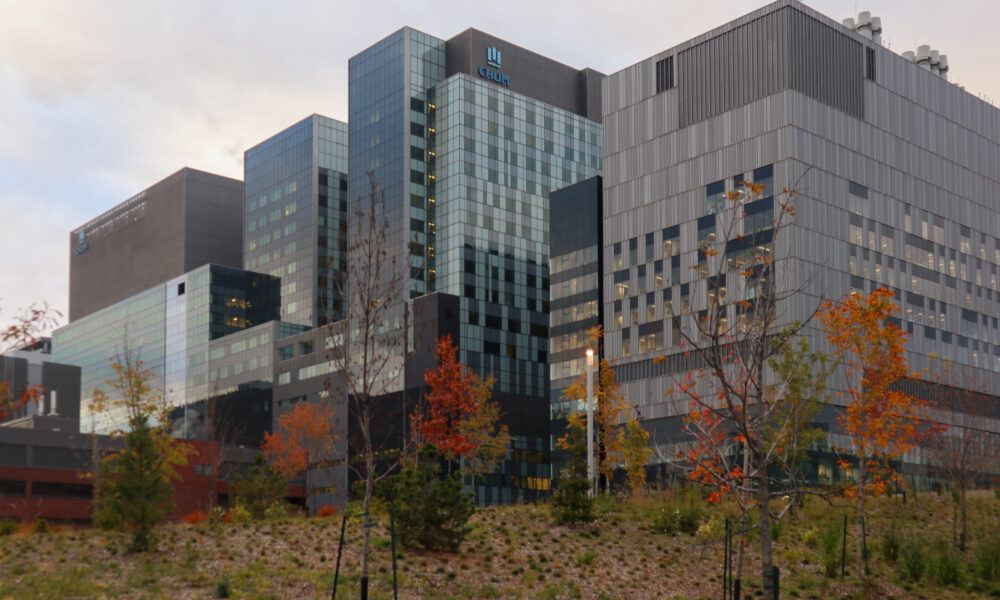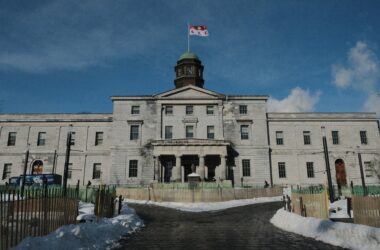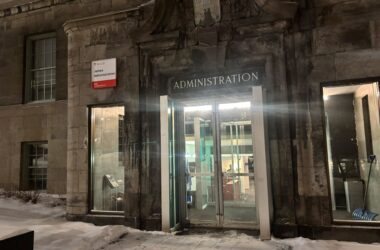On Oct. 15, the Canadian federal government announced a budget increase of $52 million CAD, allocated to anglophone health services in Quebec. The funds will be distributed between McGill University and the Community Health and Social Services Network over the next five years. These institutions will lead execution, with Dialogue McGill heading the project on the university’s behalf. They will prioritize developing research, language training, and resources tailored to the needs of both anglophone and francophone professionals, staff, and students to support their experiences within the healthcare system. The budget increase will also sustain initiatives to recruit and employ bilingual professionals across the province.
In a written exchange with The Tribune, McGill’s Media Relations Office (MRO) explained how Dialogue McGill will specifically allocate the university’s funding towards building accessible healthcare for anglophones in Quebec.
“Dialogue McGill received a $20.7 million [CAD] grant […] of the $52 million [CAD] that Health Canada allocated,” the MRO wrote. “The money is planned to be useful in supporting initiatives that maintain and build capacity of bilingual health professionals in Quebec’s public sector.”
The Office also highlighted Dialogue McGill’s missions and the services it provides specifically to McGill students.
“[Dialogue McGill’s] programs include free French- and English-language training, as well as bursaries for students committed to working in the public sector post-graduation and funding for research projects that examine relationships between language, access to health and social services, and health-related outcomes.”
This is not the first time Canada’s federal government has outwardly supported an increase in anglophone healthcare accessibility in Quebec. In 2024, Quebec Health Minister Christian Dubé announced a government directive that would require patients to provide an English-language eligibility certificate to Quebec’s health networks to receive treatment in English. Only when the federal government pressured the Quebec government did Dubé backtrack on the directive.
McGill students who have engaged with Quebec healthcare, especially in the Milton-Parc neighbourhood, have described the experience as strenuous. Amélie Evans, U2 Sciences, outlined her experience as an anglophone patient in a Montreal hospital, highlighting how a language barrier can complicate access to safe healthcare in the province.
“I’ve had moments where language created misunderstandings,” she said in an interview with The Tribune. “For example, during one visit to the hospital, a nurse misunderstood part of what I was explaining about my symptoms because I wasn’t sure how to phrase it correctly in French. It didn’t cause serious harm, but it made me realize how critical it is to have clear communication in healthcare.”
Furthermore, Evans hopes that this budget increase will aid English-language communication in Quebec’s medical system.
“I think the first priority [for funding use] should be expanding bilingual training programs and ensuring every major clinic has at least one English-speaking staff member available,” she stated.
To track the funding’s progress, the federal government of Canada will receive annual reports from the project’s leaders on its outcomes. In an interview with The Tribune, Mark Johnson, spokesperson for Health Canada, explained the measurable outcomes and performance indicators that McGill will use to ensure the budget is effectively applied.
“McGill University [will report] on the number of health professionals who have both enrolled and completed their language training program, the number of bursaries to recent graduates to retain them in the public system in an underserved region in Quebec, as well as research projects and knowledge products that have been produced and offer new data on [official language minority communities] in health,” Johnson said.









